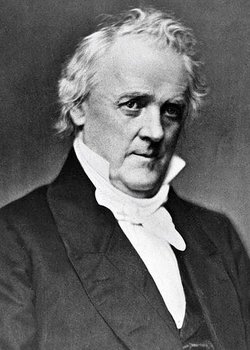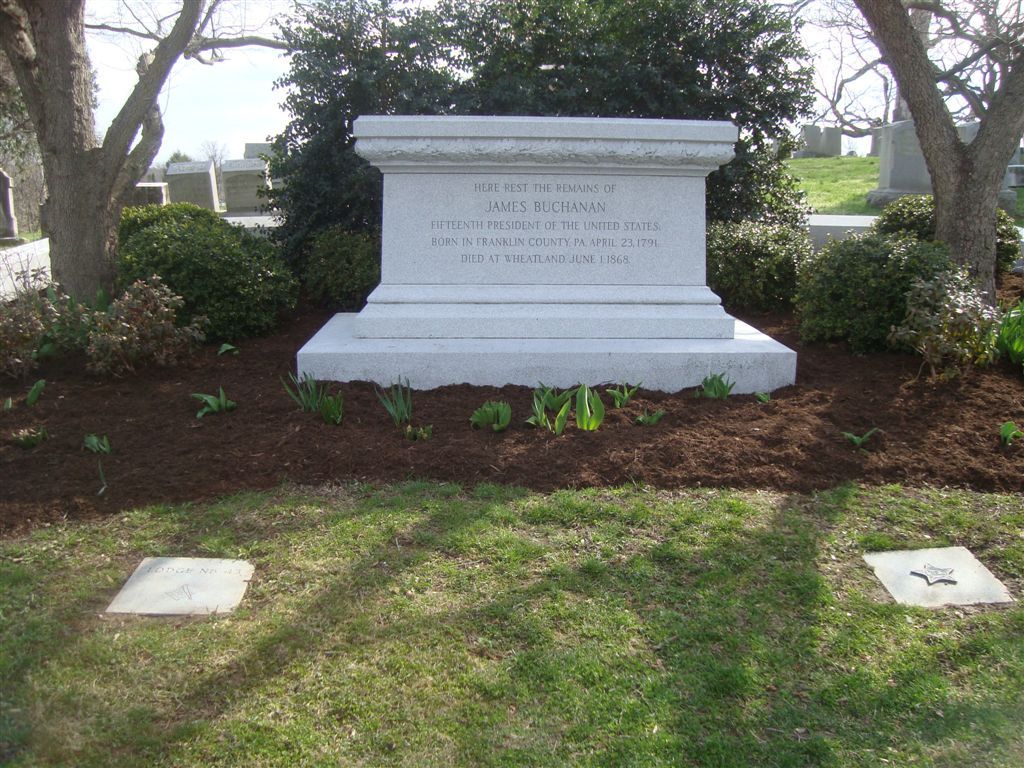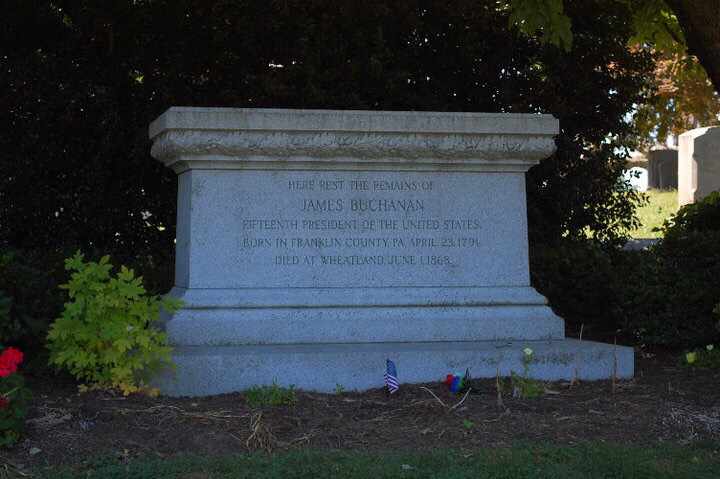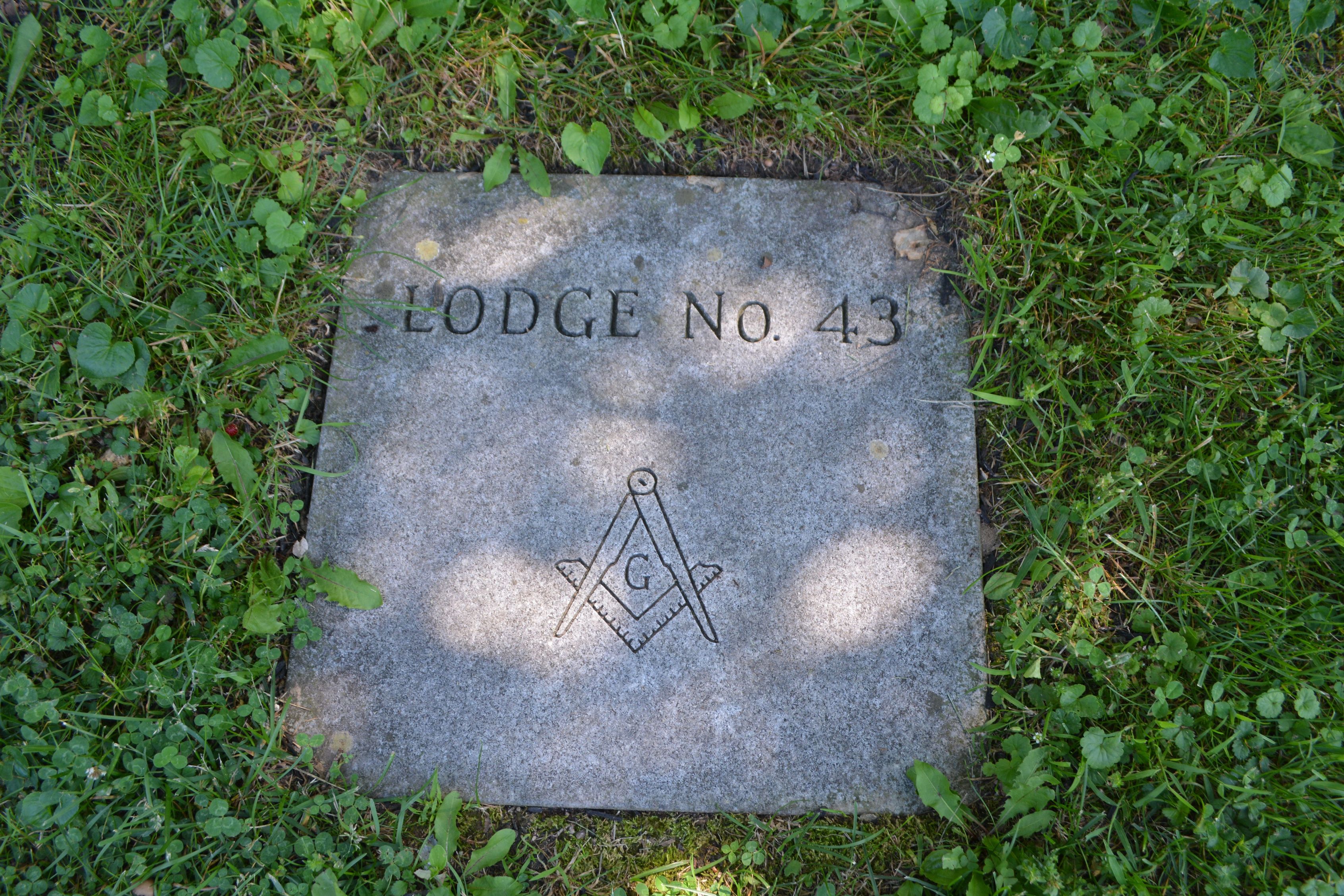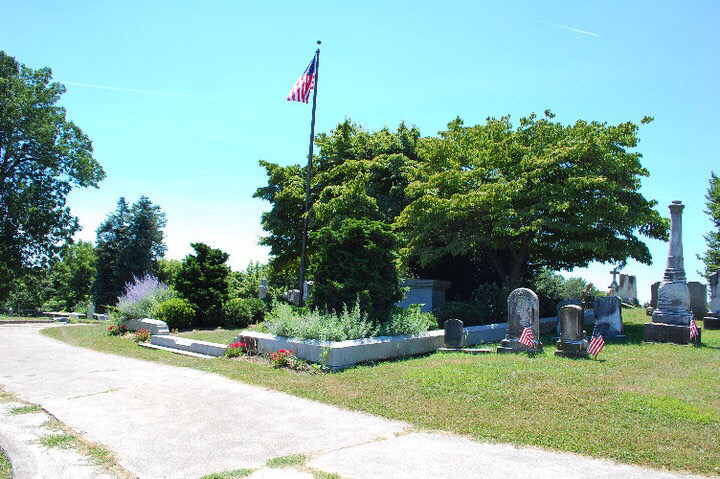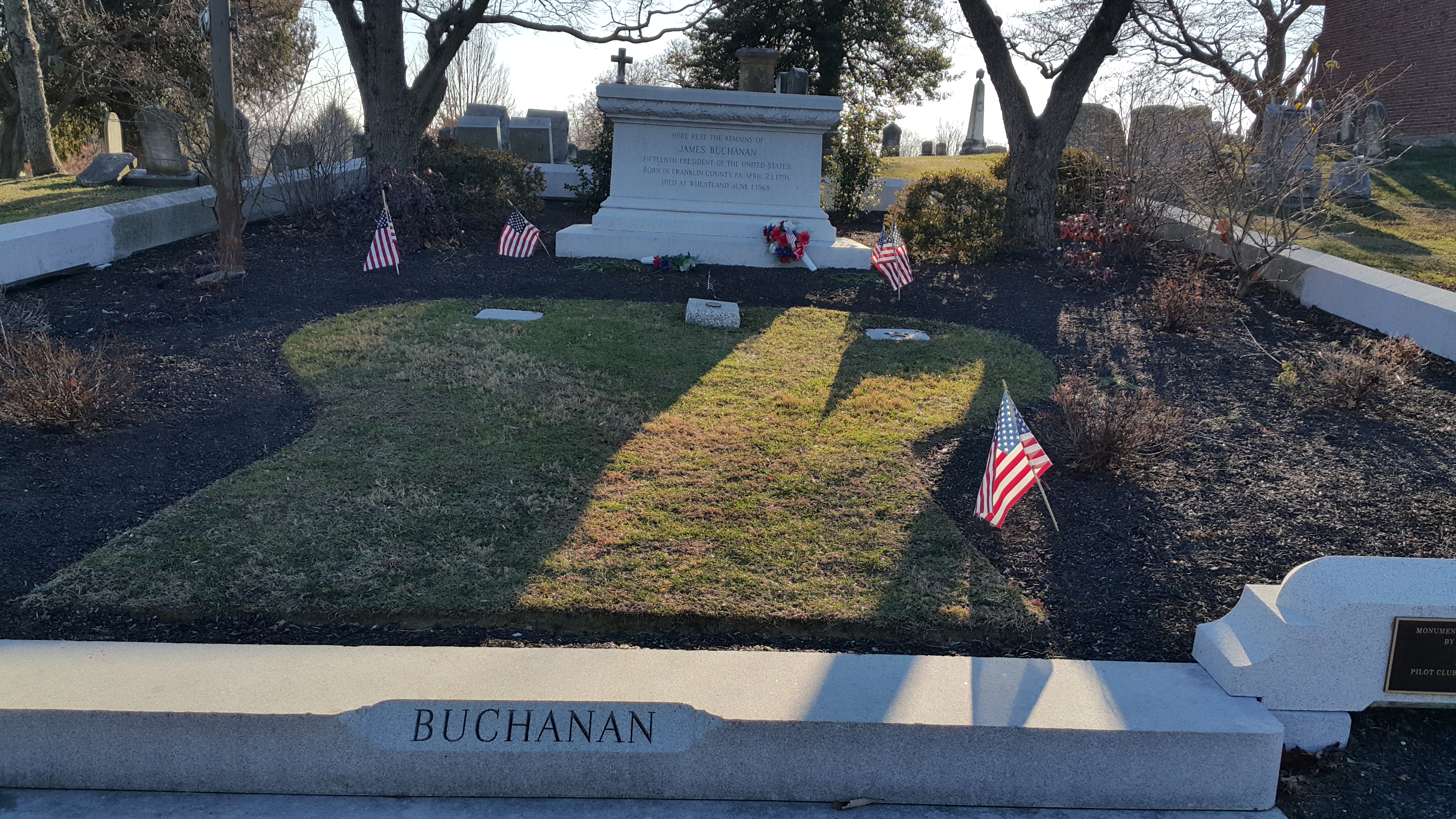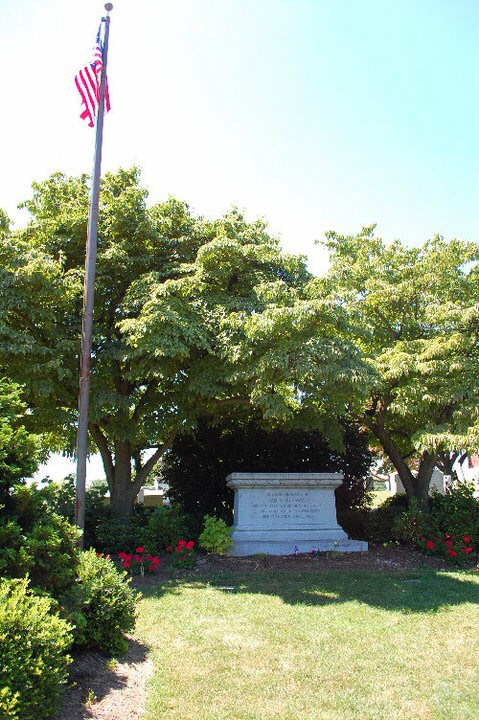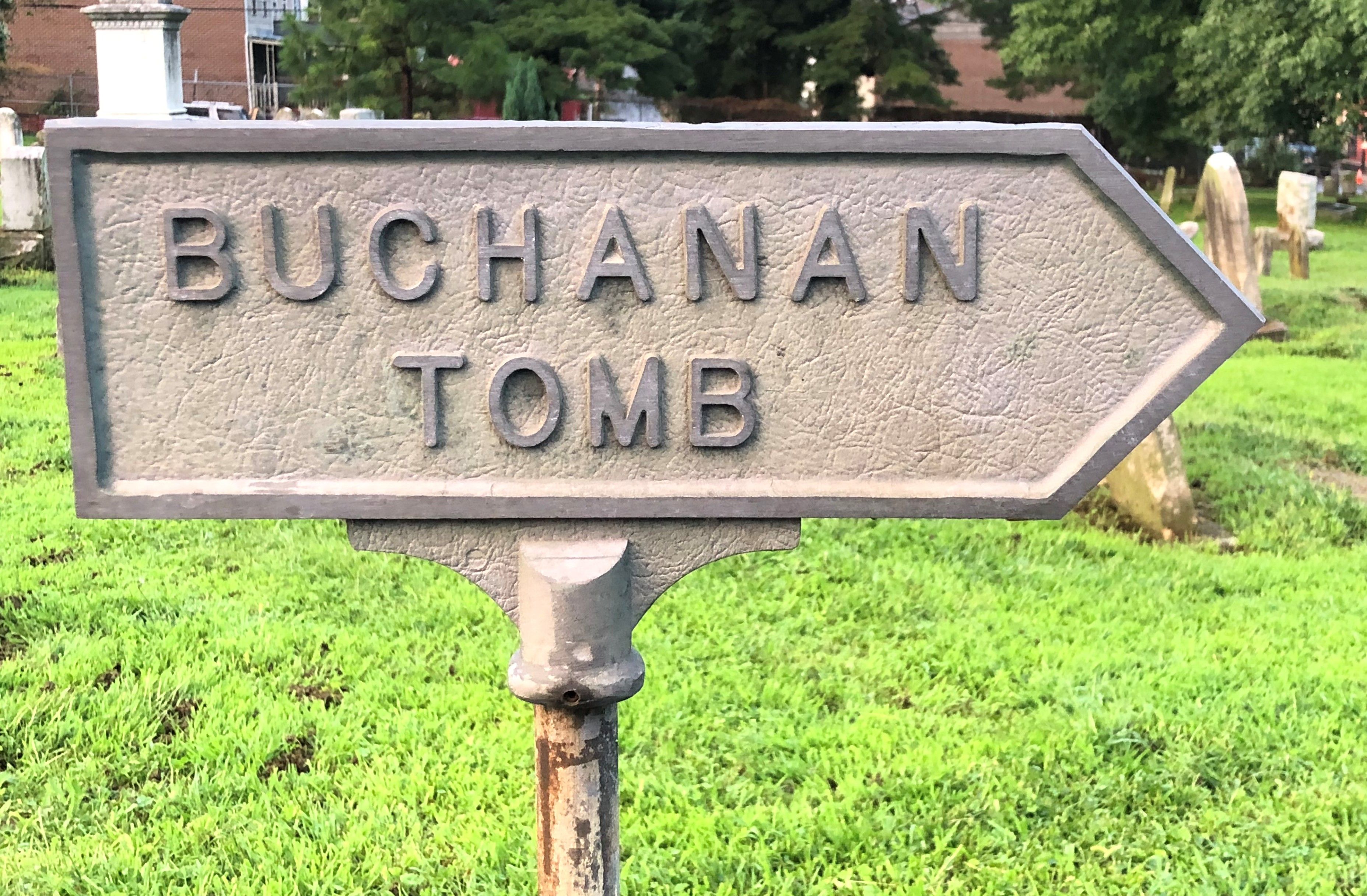Born one of eleven children, his father was a businessman and farmer who originally emigrated from Ireland. The family moved to Mercersburg, Pennsylvania, in 1797, and he received his education from the Old Stone Academy and later Dickinson College in Carlisle, Pennsylvania. In 1809, he moved to Lancaster, Pennsylvania, where he studied law and was admitted to the bar in 1812. During the War of 1812, he joined a volunteer light dragoon unit as a Private and served in the defense of Baltimore, Maryland.
In 1814, he was elected to the Pennsylvania House of Representatives as a member of the Federalist Party, serving until 1816. In 1820, he was elected to the U.S. Congress and was re-elected to four consecutive terms, serving from March 1821 until March 1831. He served as chairman of the U.S. House Committee on the Judiciary during his last term. He did not seek reelection in 1830 and, from 1832 to 1833, was appointed by President Andrew Jackson as Minister to Russia. After returning to the U.S., he was elected as a Democrat to the U.S. Senate in December 1834 to fill a vacancy and was reelected in 1837 and 1843, serving as chairman of the Committee on Foreign Relations from 1836 until 1841. In 1845, he resigned his Senate seat to become the 17th U.S. Secretary of State under President James K. Polk. He helped to negotiate the Oregon Treaty with England that established the 49th parallel as the northern boundary of the western United States. From 1853 until 1856, he served as the U.S. Minister to the Court of St. James in England and helped to draft a memorandum that became known as the Ostend Manifesto, which described the rationale for the United States purchasing Cuba from Spain, while implying that the U.S. should declare war if Spain refused.
In 1856, he was nominated by the Democratic Party for U.S. President and defeated the newly-formed Republican Party candidate John C. Frémont. During his term, he was faced with the slavery issue in the Kansas Territory and the Mormon Rebellion in the Utah Territory.
During the presidential campaign of 1860, the Democratic Party became divided, with Vice President John Breckinridge nominated by the Southern Democrats, Speaker of the House John Bell by the Constitutional Union Party faction, and Stephen A. Douglas by the moderate Democrats. This split the Democratic vote and the Republican challenger, Abraham Lincoln, won the election. As a result, South Carolina seceded from the United States in December 1860, and was soon followed by six other Southern slave states that formed the Confederate States of America.
On his final day as U.S. President, March 4, 1861, he remarked to the incoming Lincoln, "If you are as happy in entering the White House as I shall feel on returning to Wheatland, you are a happy man." When the American Civil War broke out the following April, he supported the Union cause. He spent most of his remaining years defending himself from public blame for the war, which was even referred to by some as "Buchanan's War."
In May 1868, he became ill with a cold, which quickly worsened due to his advanced age. He died from respiratory failure at his home, Wheatland, at the age of 77. A bronze and granite memorial in his honor, unveiled in June 1930, resides near the southeast corner of Washington, D.C.'s Meridian Hill Park.
Born one of eleven children, his father was a businessman and farmer who originally emigrated from Ireland. The family moved to Mercersburg, Pennsylvania, in 1797, and he received his education from the Old Stone Academy and later Dickinson College in Carlisle, Pennsylvania. In 1809, he moved to Lancaster, Pennsylvania, where he studied law and was admitted to the bar in 1812. During the War of 1812, he joined a volunteer light dragoon unit as a Private and served in the defense of Baltimore, Maryland.
In 1814, he was elected to the Pennsylvania House of Representatives as a member of the Federalist Party, serving until 1816. In 1820, he was elected to the U.S. Congress and was re-elected to four consecutive terms, serving from March 1821 until March 1831. He served as chairman of the U.S. House Committee on the Judiciary during his last term. He did not seek reelection in 1830 and, from 1832 to 1833, was appointed by President Andrew Jackson as Minister to Russia. After returning to the U.S., he was elected as a Democrat to the U.S. Senate in December 1834 to fill a vacancy and was reelected in 1837 and 1843, serving as chairman of the Committee on Foreign Relations from 1836 until 1841. In 1845, he resigned his Senate seat to become the 17th U.S. Secretary of State under President James K. Polk. He helped to negotiate the Oregon Treaty with England that established the 49th parallel as the northern boundary of the western United States. From 1853 until 1856, he served as the U.S. Minister to the Court of St. James in England and helped to draft a memorandum that became known as the Ostend Manifesto, which described the rationale for the United States purchasing Cuba from Spain, while implying that the U.S. should declare war if Spain refused.
In 1856, he was nominated by the Democratic Party for U.S. President and defeated the newly-formed Republican Party candidate John C. Frémont. During his term, he was faced with the slavery issue in the Kansas Territory and the Mormon Rebellion in the Utah Territory.
During the presidential campaign of 1860, the Democratic Party became divided, with Vice President John Breckinridge nominated by the Southern Democrats, Speaker of the House John Bell by the Constitutional Union Party faction, and Stephen A. Douglas by the moderate Democrats. This split the Democratic vote and the Republican challenger, Abraham Lincoln, won the election. As a result, South Carolina seceded from the United States in December 1860, and was soon followed by six other Southern slave states that formed the Confederate States of America.
On his final day as U.S. President, March 4, 1861, he remarked to the incoming Lincoln, "If you are as happy in entering the White House as I shall feel on returning to Wheatland, you are a happy man." When the American Civil War broke out the following April, he supported the Union cause. He spent most of his remaining years defending himself from public blame for the war, which was even referred to by some as "Buchanan's War."
In May 1868, he became ill with a cold, which quickly worsened due to his advanced age. He died from respiratory failure at his home, Wheatland, at the age of 77. A bronze and granite memorial in his honor, unveiled in June 1930, resides near the southeast corner of Washington, D.C.'s Meridian Hill Park.
Bio by: William Bjornstad
Inscription
Here rest the remains of
JAMES BUCHANAN
Fifteenth president of the United States
Born in Franklin County, PA, April 23, 1791
Died at Wheatland, June 1, 1868
Family Members
-
Mary Buchanan
1789–1791
-
![]()
Jane Ann Buchanan Lane
1793–1839
-
![]()
Maria T. Buchanan Yates
1795–1849
-
![]()
Sarah Buchanan Huston
1798–1825
-
Elizabeth E. Buchanan
1801–1801
-
![]()
Harriet Elizabeth Buchanan Henry
1802–1840
-
John Buchanan
1804–1804
-
![]()
William Speer Buchanan
1805–1826
-
![]()
George Washington Buchanan
1808–1832
-
![]()
Rev. Edward Young Buchanan
1811–1895
Advertisement
See more Buchanan memorials in:
Explore more
Sponsored by Ancestry
Advertisement
